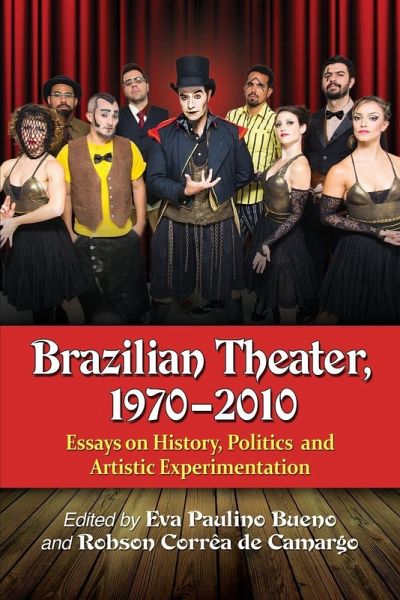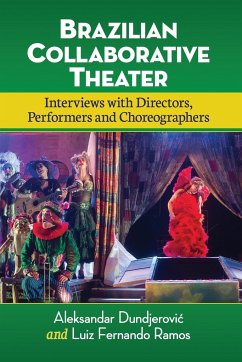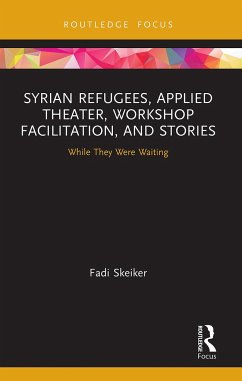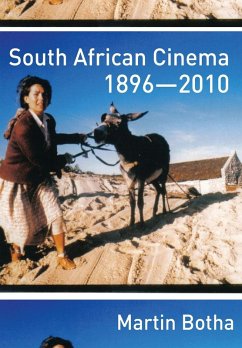
Brazilian Theater, 1970-2010
Essays on History, Politics and Artistic Experimentation
Herausgeber: Bueno, Eva Paulino; Camargo, Robson Corrêa de
Versandkostenfrei!
Versandfertig in 1-2 Wochen
54,99 €
inkl. MwSt.

PAYBACK Punkte
27 °P sammeln!
How did Brazilian theater survive under the military dictatorship of 1964-1985? How did it change once the regime was over? This collection of new essays is the first to cover Brazilian theater during this period. Brazilian scholars and artists discuss the history of a theater community that not only resisted the regime but reinvented itself and continued to develop more sophisticated forms of expression even in the face of competition from television and other media. The contributors recount the struggle to stage meaningful plays at a time when some artists and intellectuals were exiled, othe...
How did Brazilian theater survive under the military dictatorship of 1964-1985? How did it change once the regime was over? This collection of new essays is the first to cover Brazilian theater during this period. Brazilian scholars and artists discuss the history of a theater community that not only resisted the regime but reinvented itself and continued to develop more sophisticated forms of expression even in the face of competition from television and other media. The contributors recount the struggle to stage meaningful plays at a time when some artists and intellectuals were exiled, others imprisoned, tortured or killed. With the return of democracy other important issues arose: how to ensure space for different practices and for regional theater, and how to continue producing international plays that could be meaningful for a Brazilian audience.













